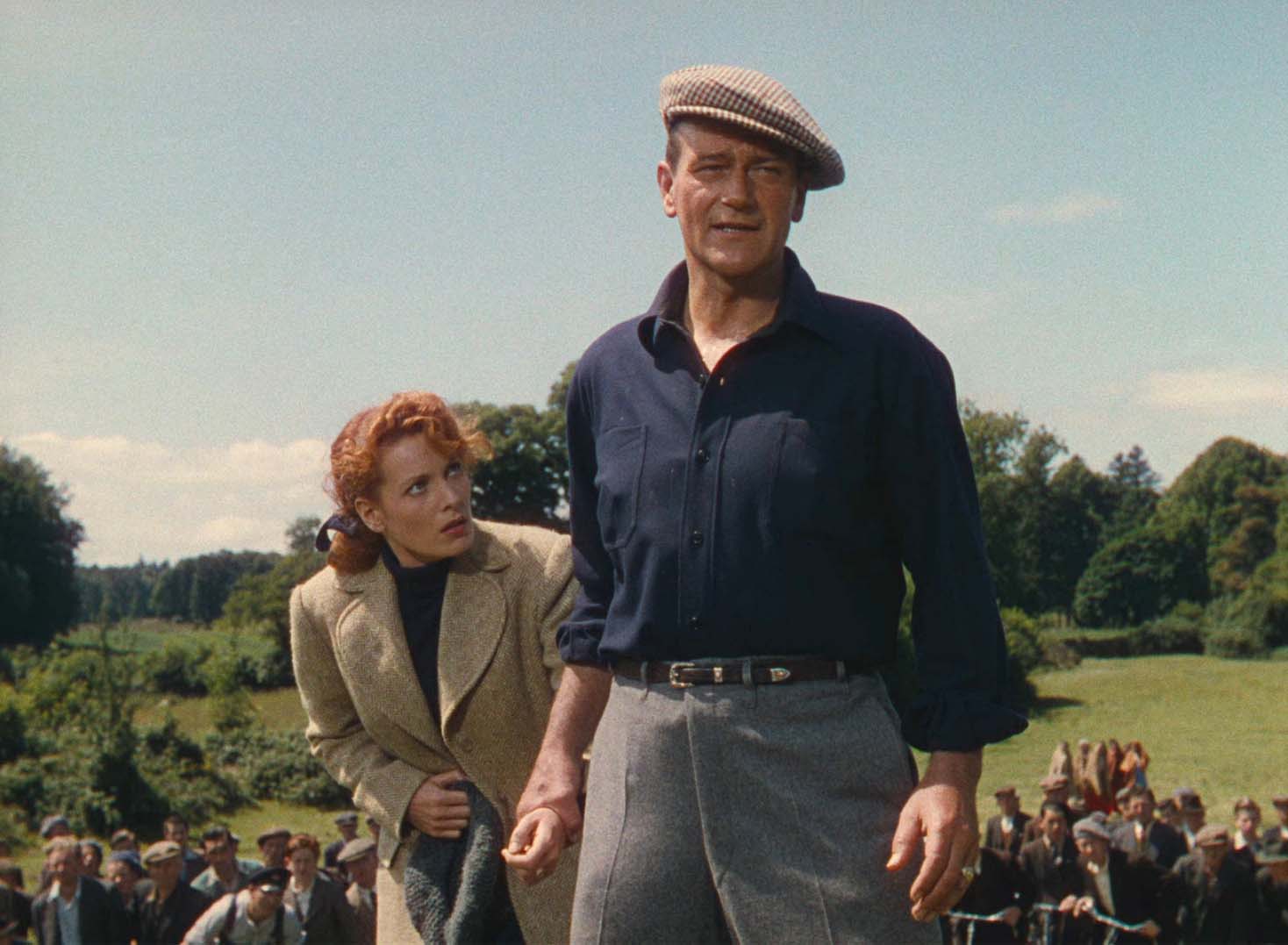
Mark Cousins, Northern Ireland’s acclaimed documentary filmmaker, said one of the things that first helped him realise there was more to the movies was “when my father cried at a John Wayne picture”.
Yeah, Mark – we’ve all been there.
The British critic David Thomson was an excoriator of Wayne – the man and his politics – and of his ‘Pappy’, director John Ford. But Thomson still found it within himself to say Wayne was “a great screen actor”.
So what makes a great actor? A studied technical excellence? Emotional intelligence? A certain authenticity, or purity? The late Philip French said great actors “can explore and reveal aspects of the human condition, while bringing the writing to life”, and that great actors “seem to be simultaneously interrogating us and examining themselves”.
Veteran critic French was writing at a time when screen acting had changed immeasurably since Wayne – born Marion Morrison in Iowa, apparently – first stepped in front of a camera, after pursuing a California football scholarship and working as a set decorator for Ford, they say. But much of what French wrote was true then as it is now – even allowing for the distinction between the versatile ‘actor’ and the simple ‘star’, who always seems best playing ‘himself’.
In Stagecoach, Wayne was something of an innocent. In Red River (directed by Howard Hawks, not Ford), he was troubled and violent. In The Quiet Man, he was somehow innocent, troubled, violent and romantic.
On his entrance as that ‘innocent’ Ringo Kid in Stagecoach, he has a look on his face of almost boyish charm, of goggle-eyed precociousness, a look that would tell any girl on a first date, seeing that puppy dog yearning, that there was surely more to her prospective lover than this dime Western’s cover.
As Wayne gained experience, he gave his characters a particularly memorable ability to pass on advice to the next generation.

In Red River, it was: “Never trust anyone until you know them.” In The Quiet Man, it was: “Well, some things a man doesn’t get over so easy.” In She Wore A Yellow Ribbon, it was: “Never apologise and never explain … it’s a sign of weakness.” And then there was The Searchers.

British indie filmmaker Alex Cox wrote about his visit to a screening of The Searchers in the location where much of it was shot – Monument Valley, Utah. Reflecting the ambiguity of the central character, Ethan Edwards, the organisers of the screening commissioned two posters. One said: “Soldier, Lover, Uncle, Hero” and the other said: “Bigot, Racist, Killer … Hero”.
It seems, then, that Wayne could be all things to all men.
The drawl and the funny walk offered irresistible ammunition for comedians and impersonators, but Wayne could be something of an immovable monument himself – offering a solidity, a tangible resolve, that other actors could work with, and against.
As we grew up with the movies, we learned from Wayne – even if we still didn’t know exactly what our fathers were crying about.
